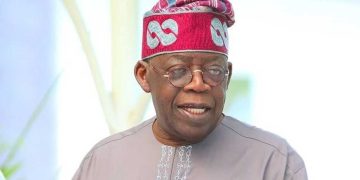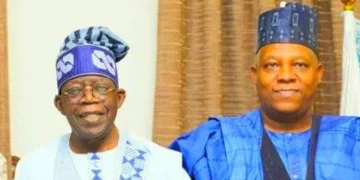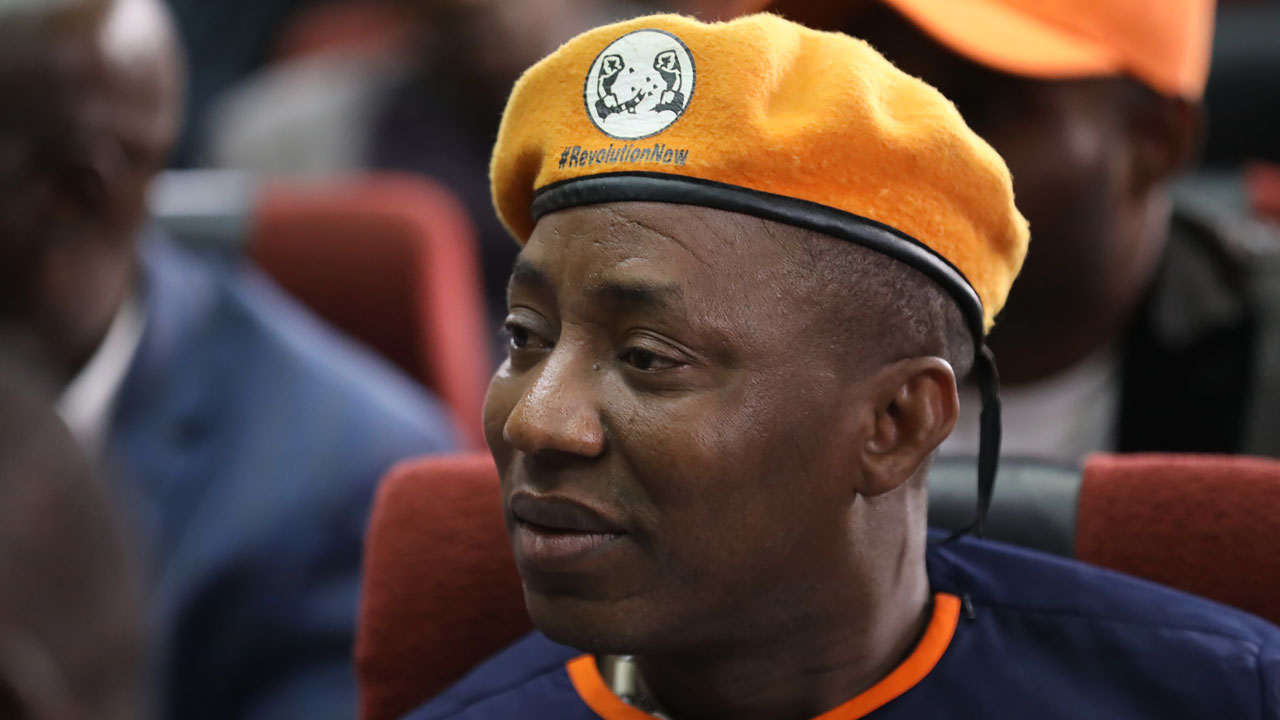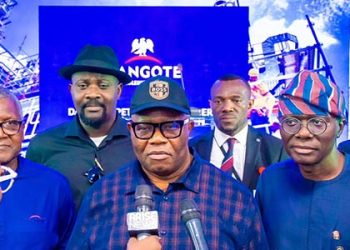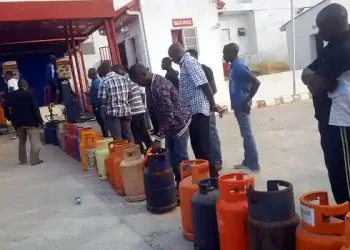The President of the Crude Oil Refinery Owners Association of Nigeria, CORAN, Mr. Momoh Oyarekhua, has accused the Federal Government and its regulators of ignoring Nigeria’s refining sector. He recently revealed that their weak understanding of the industry keeps hindering its growth despite its key role in achieving energy security.
Speaking at the second Nigeria Refining Summit held in Lagos, with the theme “Refining – Key to Energy Security in Africa,” Momoh described refining as “a new and misunderstood industry in Nigeria” that does not get the same attention as the upstream and downstream sectors.
According to him, the fact that a lot of people prefer to identify with the successful upstream and downstream sectors has led to the total neglect of the nation’s refining sector.
“Many people want to identify with the successful upstream and downstream sectors, while the midstream is being ignored.
Success has a lot of friends because everyone wants to identify with success. Upstream is mature; downstream is also mature, because people have been in the upstream and in the downstream for several decades. But refining is very new in Nigeria. So, it’s difficult sometimes to even convince people that refining is important,” he said.
He further noted that government agencies and regulators continue to show very low interest in understanding the challenges of refining operations, let alone fixing them.
Momoh concluded by saying that the lack of understanding when it comes to the scale and realities of refinery investment is the reason why Aliko Dangote keeps getting criticized by Nigerians.
“Even our regulators, even the government. You know, it’s a big push to even have refiners in a room for a conversation with the government. It’s always very difficult, because it’s an industry a lot of people don’t understand.
The PIA, in the wisdom of the people that actually drafted it, felt the domestic crude obligation must be supported. But we, in the refinery sector, still feel there is a clog in the wheel of that aspect of the PIA that is supposed to enable the refinery.
You cannot have an obligation and also put a condition, which is ’willing buyer, willing seller’. When you say this is an obligation, this person must meet it. You don’t say, ‘In case this person thinks like this or doesn’t want it.’ You should meet it. Let them go and discuss.
You see what’s happening to Dangote today. When people try to talk to me, I say, You don’t understand what is happening. Imagine a man putting a billion litres of product in a tank, and you are expecting the man to rely on somebody else to help him to distribute it.
Because the man, in the value chain of what he’s doing, does not want your failure to affect his business. There are certain things people do not understand when it comes to an investor. An investor is not the government. He’s not a regulator. He’s thinking of how to move his business forward.
A refiner perhaps may have been financed by a bank. Given that he’s financed, he’s not going to tell his banker, ‘Because I could not refine, because I could not move my product, I cannot pay you.’ There are benchmarks that he has agreed to. So, you must fulfil those benchmarks.
So, as refiners, when we talk, we talk differently. When we think, we think differently. Because if I take your crude and I put your crude in my tank, perhaps I have a letter of credit with you. And there is a timeline for that LC. It has to be paid.
In sustaining refining in Nigeria, there must be crude. There must be the availability of crude.
Why is upstream not actually supplying the midstream? Why is the man on the downstream side thinking that he’s being strangulated or his business will collapse? No business should collapse. It should be a victory for everyone that refineries now exist in Nigeria.
The fact that Dangote exists should be a victory to a man who has a tank farm in Calabar. It should be a victory to the man who has a tank farm in Port Harcourt or in Warri. It shouldn’t be a form of resistance.
Nigerians still don’t understand the midstream. So, it’s only when we understand the midstream that people are able to begin to see when a Dangote thinks it is being frustrated or an OPAC thinks it is being frustrated; you begin to feel and think like them.
Perhaps this summit in the future is going to converge into something like a roundtable where people are able to look at what the key issues are. No business should be left to collapse. It should be a victory for all that refining now exists in Nigeria,” he added.

Folami David is a dynamic journalist who views the world through an analytical lens, translating complex narratives across multiple industries into compelling stories. With an insatiable appetite for information and a keen eye for emerging trends, Folami specializes in uncovering the interconnections between technology, business, culture, and society.




